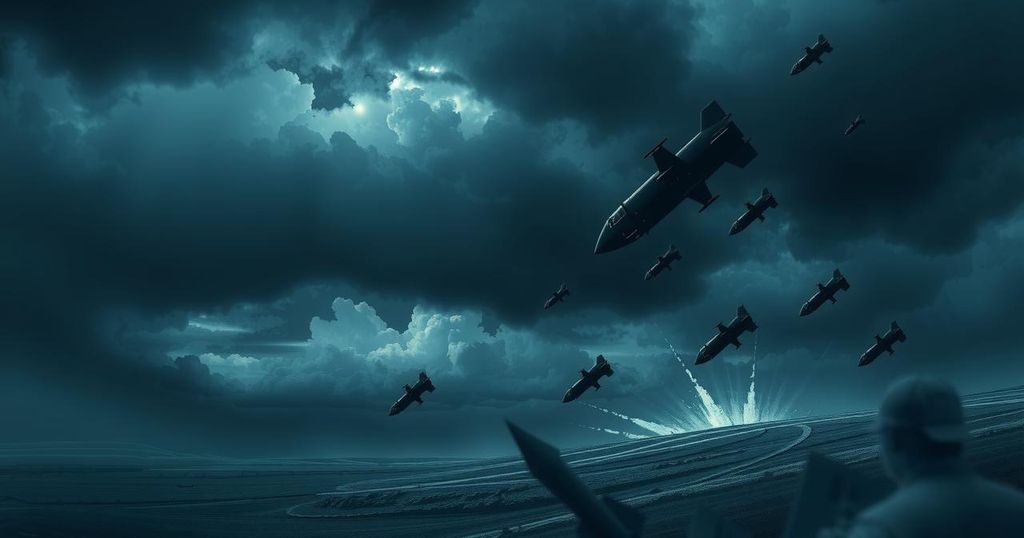Could North Koreans Working in Iran Have Been Killed or Wounded in the Weekend’s Attacks?

U.S. attacks on Iranian nuclear sites could have impacted North Korean personnel helping Iran. Analysts warn of potential retaliation from Kim Jong-un. South Korea is heightening its emergency response to rising tensions. Experts stress North Korea’s nuclear capability is an immediate reality, not just a future threat.
Recent military strikes targeting nuclear facilities in Iran have raised concerns about North Korean personnel who may have been present at the sites. Analysts speculate that North Koreans involved in supporting Iran’s nuclear weapons and missile programs could have suffered casualties during the American B-2 bomber and submarine-launched Tomahawk missile attacks. Bruce Bennett, a longtime observer of North Korea’s military, noted such developments would not shock those familiar with the region.
Bennett emphasized that if North Korean experts were harmed, Kim Jong-un might retaliate against the United States. “North Koreans are still in Iran helping Iran with its nuclear weapon and missile programs,” he explained. While North Korea condemned the U.S. actions as violations of international law, it does not publicly acknowledge its involvement in assisting Iran in reinforcing its nuclear infrastructure. Notably, North Korea has been known to share expertise related to tunnel construction and protective measures with Iranian officials.
The potential for casualties has raised alarms in South Korea. President Lee Jae Myung has canceled plans to attend an upcoming NATO meeting in The Hague in light of the situation. According to Yonhap News, he is initiating an emergency response system to counteract increased tensions stemming from the conflict in the Middle East.
Kim Jong-un is likely receiving assessments about the bombing’s impact, particularly concerning the GBU-57 bunker-busters utilized against the heavily fortified Fordow nuclear site. The North Korean dictator is interested in determining whether such strikes could leave his own nuclear facilities vulnerable. Evans Revere, a former senior American diplomat in Seoul, stated, “North Korea has dozens of nuclear warheads… a U.S. strike would be very unlikely to destroy all these weapons before some of them could be launched.”
It’s also important to remember that North Korea is not just a potential nuclear threat; it actively holds nuclear capabilities. Revere remarked that this ongoing confidence in its arsenal is not by chance. North Korea has been accelerating efforts to modernize its military capabilities and enhance its weapons systems. According to Revere, the regime has identified nuclear weapons as crucial for its survival, which guides its aggressive weapons development strategy.
The recent U.S. strikes in Iran have heightened concerns about the presence and safety of North Korean personnel assisting in nuclear development. Analysts suggest that potential casualties may provoke a strong response from Kim Jong-un, further escalating tensions. South Korea is already responding to these developments with heightened alertness. As both regional and global dynamics shift, the implications of these attacks could reverberate well beyond the immediate situation in Iran.
Original Source: www.nysun.com








